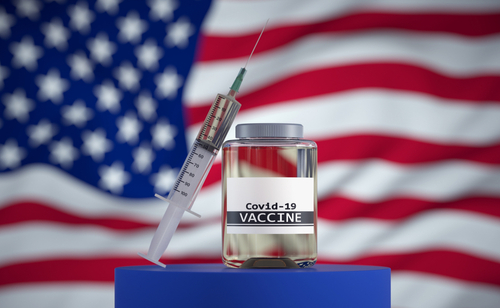
Under new legislation introduced by U.S. Sen. Thom Tillis (R-NC), American companies operating with the support of U.S. taxpayer funds would be barred from providing any new COVID-19 vaccine to citizens of other countries ahead of Americans.
The America First Vaccine Act (S. 4542) would lock companies into prioritizing local interests. If they have received federal funding on the development of a vaccine, they would have to receive certification from the Secretary of Health and Human Services and the Food and Drug Administration Commissioner before being allowed to distribute that vaccine beyond U.S. borders. That certification would be granted when the domestic need for a vaccine had already been met, or exportation was in the best interest of American public health.
“Since this pandemic began, I have worked on a bipartisan basis to protect the health and safety of North Carolinians, including supporting billions of dollars to produce a safe and effective vaccine as quickly as possible,” Tillis said. “Once that vaccine is developed, Americans should get the vaccine first before it goes to other countries. The America First Vaccine Act is about protecting the health of North Carolinians and ensuring that they receive a return on their investment when we develop a safe vaccine.”
Under the terms of the bill, violators of these provisions would be forced to pay back all federal funds they had received, with interest. That interest amount would be decided solely by the Secretary of the Treasury. Given the nearly $10 billion Congress has given to the federal Operation Warp Speed effort, as a means of quickly funding development of a COVID-19 vaccine, a lot of money is potentially on the line.
Notably, this requirement applies solely to American companies. The bill would not, in any way, constrict the ability to create bilateral or multilateral agreements with international manufacturers to secure vaccines for U.S. citizens from abroad.




